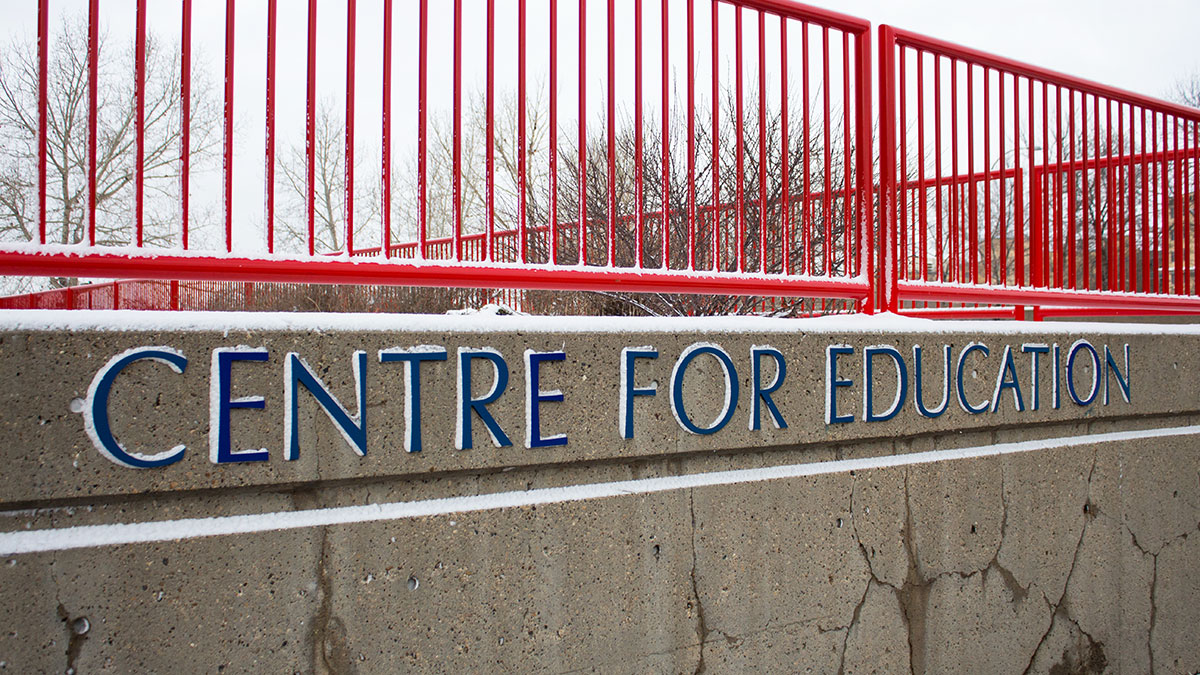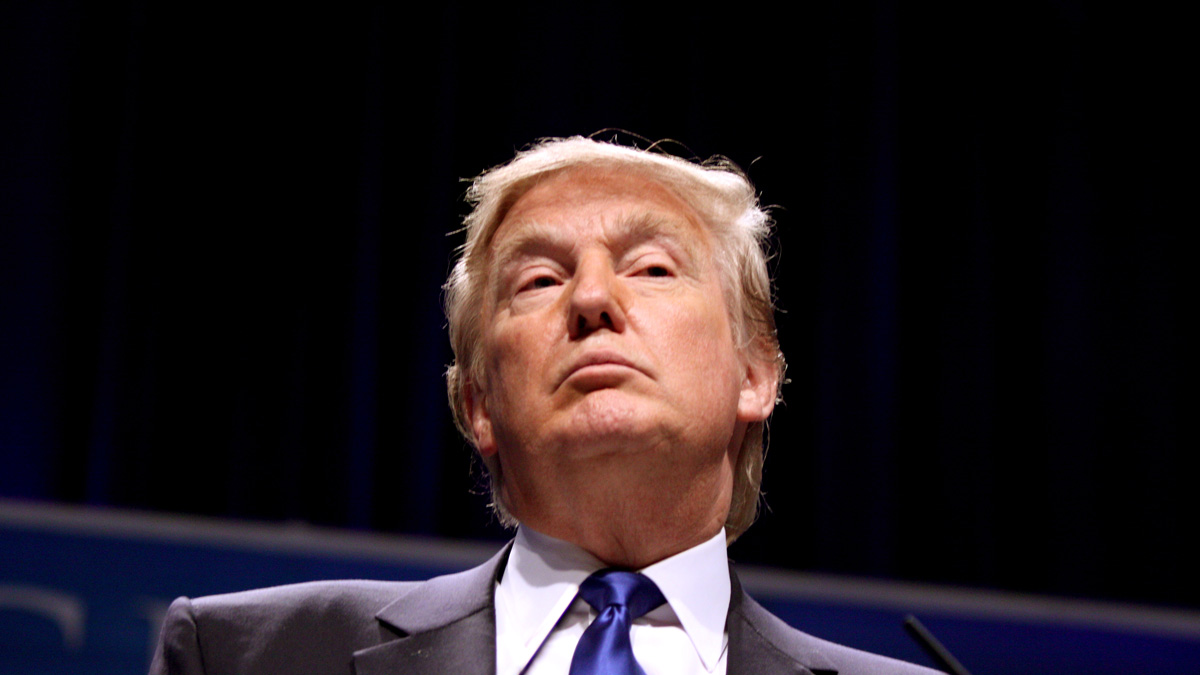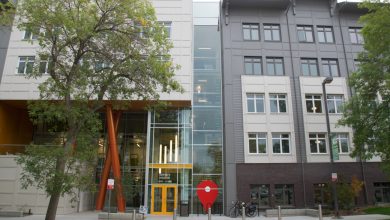 File Photo
File PhotoAs the population in Edmonton grows more culturally and religiously diverse, the calendar stays the same; important Christian dates and holidays are recognized, while other religions’ are not. Despite the newest effort from Edmonton Public Schools to be progressive and accepting, it isn’t enough.
For months, activists from different cultural and religious backgrounds in Edmonton advocated for the Edmonton Public School Board (EPSB) to implement days off for non-Christian holidays, as well as create a multi-faith calendar that includes most religions represented in Edmonton. Because of budget cuts to the education system, EPSB was considering cutting five instructional days in the upcoming school year. To kill two birds with one stone, advocates suggested placing those days on different religious holidays throughout the year.
After talking to a variety of cultural groups in Edmonton, advocates suggested Bandi Chhor Divas, Diwali, Eid-ul-Adha, Indigenous Peoples Day, Winter Solstice, Yom Kippur, Lunar New Year, and Eid-ul-Fitr. However, Edmonton Public Schools decided to only implement three of the suggested holidays; two non-instructional days were implemented for Diwali and Bandi Chhor Divas, while an amendment was made to make National Indigenous Peoples Day a day off.
While their efforts are appreciated, it’s far too little considering the magnitude and importance of the situation. Non-Christian students should not have to balance schoolwork and important religious or cultural celebrations at the same time. The current calendar followed by Edmonton Public Schools, and the majority of Canadian school boards, focuses on traditionally Christian holidays, allowing Christian students to celebrate their beliefs without having to worry about an upcoming assignment, or the school they’re missing. Why isn’t that right afforded to non-Christian religious students?
In order to celebrate their cultural and religious holidays, non-Christian students often miss school. “Many classrooms experience double digit absences on significant cultural holidays,” according to a document published by the Islamic Family and Social Services Association. Because of this, the teaching done these days is impractical to both students and teachers. Students shouldn’t have to miss out on school to practice their beliefs, and it’s inconvenient for teachers who have to instruct students twice. Implementing a more extensive multi-faith calendar would be beneficial to everyone — including teachers and students who are not directly affected.
Not only is the current calendar a hindrance to the education of non-Christian students, but it is also damaging to their cultural and religious identity. By failing to recognize important holidays, school boards are failing to affirm the diverse identities of young students and forcing them to choose between their community and their education.
Alongside activists advocating for their children, current and former students stepped forward to talk about their experiences as non-Christian students with Edmonton Public Schools.
“How does this place that I love ask me to choose between my culture and this thing that I wish I could celebrate, and having to show up for classes?” asked former EPSB student Srosh Hassan, who missed school to celebrate Eid with her family each year.
Despite Islam being the second-most represented religion in Edmonton, Eid was not chosen to be one of the non-Christian holidays included into the new calendar.
“I always wished that I could have that time with family because it’s just part of my identity. It’s part of how I grew up, and it’s how we gather and celebrate,” said Timiro Mohamed, the youth initiatives manager at the Islamic Family and Social Services Association, in an interview with CBC.
Edmonton is falling behind compared to other school boards. For example, many other places around the world, including New Jersey and Austin, recognize Eid as a statutory holiday.
In order to include every important date suggested by the activist groups, only four instructional days would have to be moved around. While it is always daunting to include every group, it’s necessary and vital to the growth of Edmonton. Students should be allowed to celebrate and practice their faith while also attending school, and not have the two intersect. Eight holidays is not very many to incorporate, especially when you consider the wealth of cultural and religious diversity in Canada.
Some individual schools, such as Grace Martin School in Mill Woods, often observe some holidays as statutory in order to address larger amounts of absences, but that shouldn’t be left to individual schools to decide.
The good news is all of the Edmonton Public Schools Board trustees agreed that more needed to be done and that the discussion wasn’t over.
“We recognize, and I want our community to hear this too, that this is a first step… but there’s a commitment by this board of trustees that this conversation will continue, that we are on a journey of really becoming an anti-racist and more inclusive school division,” said Trisha Estabrooks, Edmonton Public School Board chair, to Global News.
Furthermore, Estabrooks talked about Edmonton Public Schools using an anti-racist lens in regards to all discussions involving non-Christian cultures and religions. As well, Edmonton Public Schools agreed to continue deliberations in time for the release of the 2023–24 calendar.
Times are changing. Canada is not a strictly Christian society where other groups don’t get to celebrate themselves and their beliefs. As a country, we hold this idea that Canada is an extremely tolerant nation, where people are allowed to be themselves authentically, and without interruption. The time has come to finally make that idea a reality by making school holidays more inclusive.




